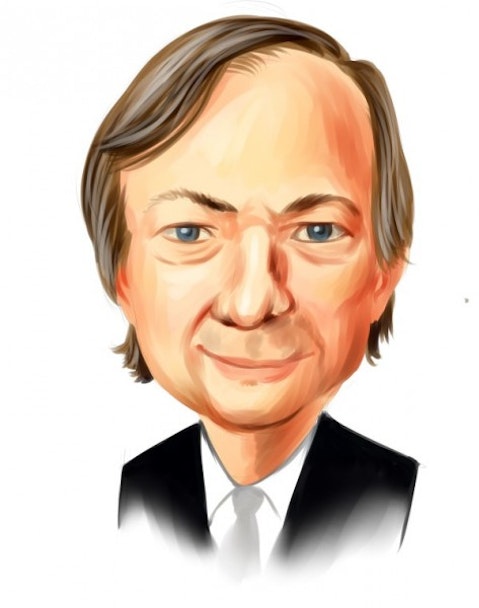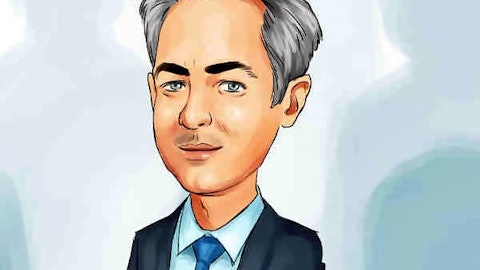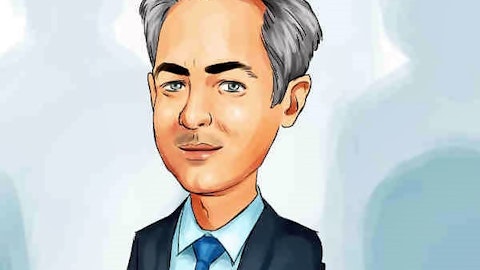Bridgewater, World’s Biggest Hedge Fund, Is Said to Be Slowing Hiring (The New York Times)
After years of rapid internal growth, the world’s biggest hedge fund appears to be slowing down. The $154 billion hedge fund, Bridgewater Associates, run by the billionaire Ray Dalio, is known for hiring hundreds of people every year. Yet it is now telling recruitment firms to cancel interviews with prospective employees, according to three people briefed on the matter. In recent weeks, dozens of interviews were canceled and advanced negotiations with prospective employees were cut short by the firm, those people said.

Elliott Ramps Up Pressure on Bank of East Asia With Lawsuit (Bloomberg)
Billionaire Paul Singer’s Elliott Management escalated its battle against Bank of East Asia Ltd., asking a Hong Kong court to declare that the bank acted improperly when issuing shares that diluted minority shareholders and allegedly entrenched management control. The petition alleges “unfairly prejudicial conduct” by directors and “serious corporate governance failings,” the activist hedge fund said in a statement Monday. The action, which names directors including Chairman David Li, is “self serving and calculated to distract the management team” and will be vigorously opposed, Li, 77, said in a statement.
Activist TCI Takes SABMiller Stake, Investors Scent Sweetened Offer (Reuters)
The Children’s Investment Fund Management (TCI) has taken a stake in SABMiller (SAB.L), the second activist to buy into the brewer in recent weeks, raising the prospect of a late push for improved takeover terms from AB InBev (ABI.BR). The move by TCI comes ahead of SABMiller’s annual meeting in London on Thursday when investors could question terms of a $100 billion-plus deal that now appear to favor its two largest shareholders after a steep drop in the value of sterling. British-based TCI, best known for its investments in troubled carmaker Volkswagen (VOWG_p.DE) and French aerospace group Safran (SAF.PA), has acquired just under 1 percent of SABMiller’s stock, a source familiar with the matter said. TCI’s acquisition of a small stake follows news that fellow hedge fund Elliott Advisors had taken a 1.3 percent stake in the London-listed maker of beers like Peroni and Grolsch, which it later raised to about 1.5 percent, regulatory filings showed.
Hedge Funds Finally Say No to Gold as U.S. Shares Smoke Records (Bloomberg)
Investors judging the world economic outlook as a bit more stable are taking some of the shine off gold. Gold’s Ups and Downs. Hedge funds and other speculators cut their wagers on a rally for the metal for the first time in six weeks, scaling back from an all-time high position in the prior week. Holdings in exchange-traded funds backed by bullion posted the first weekly loss since the end of May as prices in New York did the same. The interest in gold has dissipated after the metal zoomed to a two-year high earlier this month amid concerns that the U.K.’s decision to leave the European Union would spark malaise for the global economy.
Big Funds Push Back Against Activist Investor Settlements (Reuters)
After years of support for companies that hand board seats to activists to avoid a bruising public fight, some of the world’s largest institutional investors are pushing back. BlackRock Inc, the world’s largest asset manager, and Norges Bank Investment Management, Norway’s $872 billion sovereign wealth fund are among the major funds resisting, encouraging companies to consult them before responding to an activist. The most recent example of pushback against activist settlements involves U.S. retailer Chico’s FAS and Barington Capital, which sought to leverage its 1.6 percent stake to capture two board seats, including one for its founder. The $100 million hedge fund ended its campaign on Friday, after realizing it could not win over enough institutional investor support for its nominees, according to people familiar with the matter. In another case, BlackRock told the management team of Freeport-McMoRan Inc that it was unhappy with its truce with billionaire investor Carl Icahn, which gave board seats to two of his young employees, the people familiar with the matter said. The resistance is putting more pressure on activist hedge fund managers, who are struggling through volatile markets after years of index-beating performance.
Perry Alumnus Said to Raise $1.3 Billion for Distressed Fund (Bloomberg)
Asia Research & Capital Management, started by Perry Capital’s former Asia head Alp Ercil, has raised $1.3 billion for its third fund, which invests in distressed assets globally with a focus on Asia, said a person with knowledge of the matter. Ercil’s Hong Kong-based company completed capital raising for the ARCM Master Fund III last week, said the person, who asked not to be identified because the information is private. The new five-year pool, its largest, will primarily invest in publicly traded and private credit, the person added. Yusuf Haque, ARCM’s head of business development, declined to comment on the fundraising.
Hedge Funds Bet Battered Sterling Could Plunge Further (The Wall Street Journal)
LONDON—Hedge funds are betting that the battered British pound could fall further in the wake of the U.K.’s decision to leave the European Union. Managers, many of whom stayed cautious ahead of the U.K.’s June 23 referendum on EU membership, have since been cranking up their bets, according to industry insiders. The bulk of funds that specialize in trading on big economic trends are now betting that sterling will fall. Hedge funds increased their bets against sterling by almost 50% to more than 73,000 contracts over the two weeks to July 12, their biggest position for more than two months, according to data from the U.S. Commodity Futures Trading Commission. That compared with just over 33,000 contracts betting on the pound rising against the dollar.
Man vs Machine: Computer-Driven Hedge Funds Win On Brexit Night (Reuters)
As hedge fund manager Buford Scott sat at home, watching the TV in shock as it emerged Britain had voted to leave the European Union, his computer-based trading models were quietly boosting his business by 1.5 percent. Scott’s algorithm-driven fund, and others like it, beat hedge funds run by humans on Brexit night, not because the computers had correctly predicted the results of the June 23 referendum, but because they followed trends already in place. Computer-driven funds placed bets on safe-haven assets like the yen and gold, which had performed well in the six months leading up to the vote, against riskier currencies like the Mexican peso – a play yielding a more than 7 percent return on June 24.





